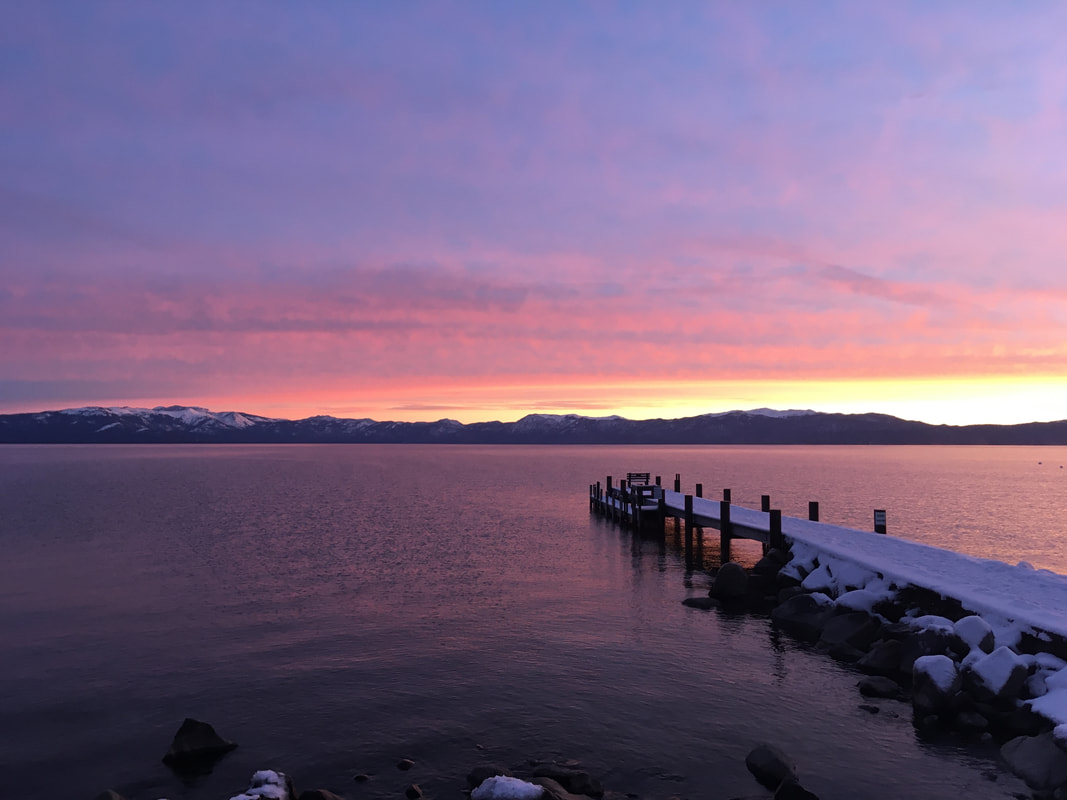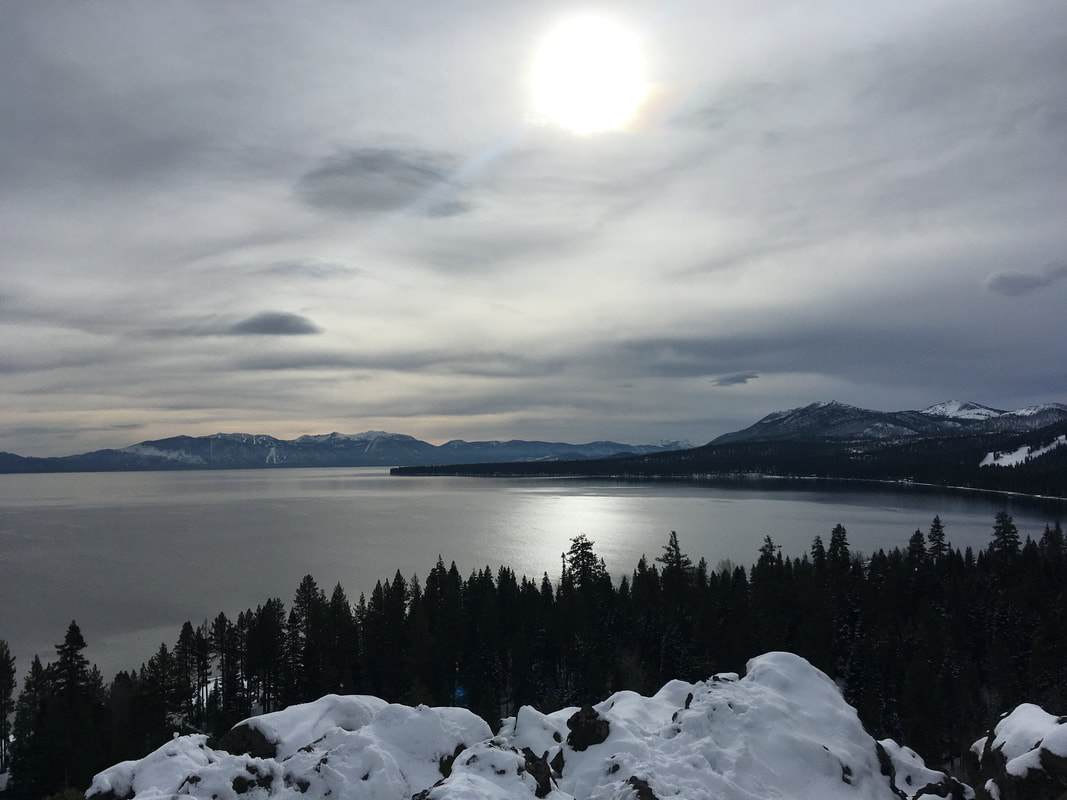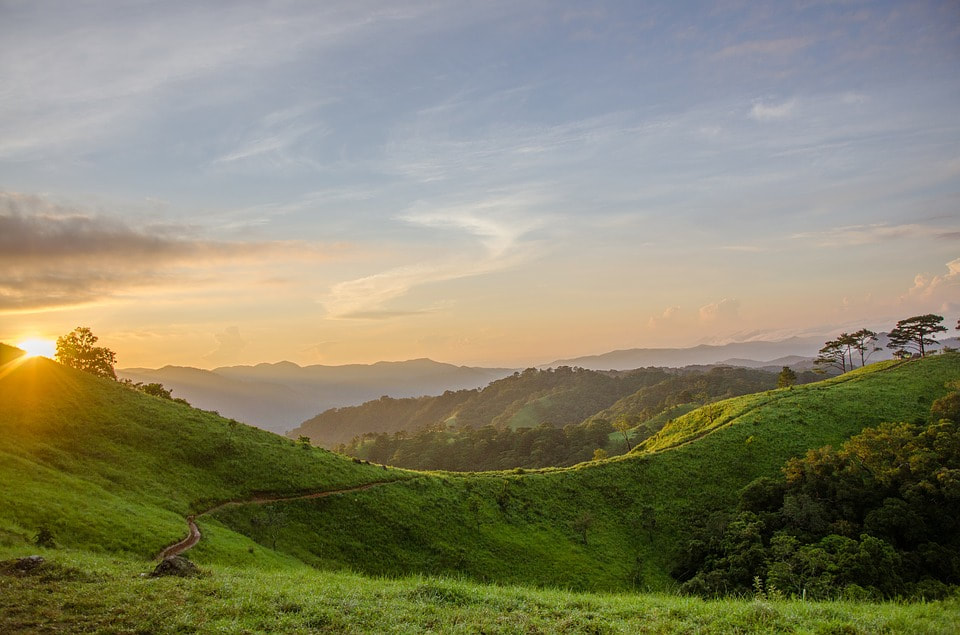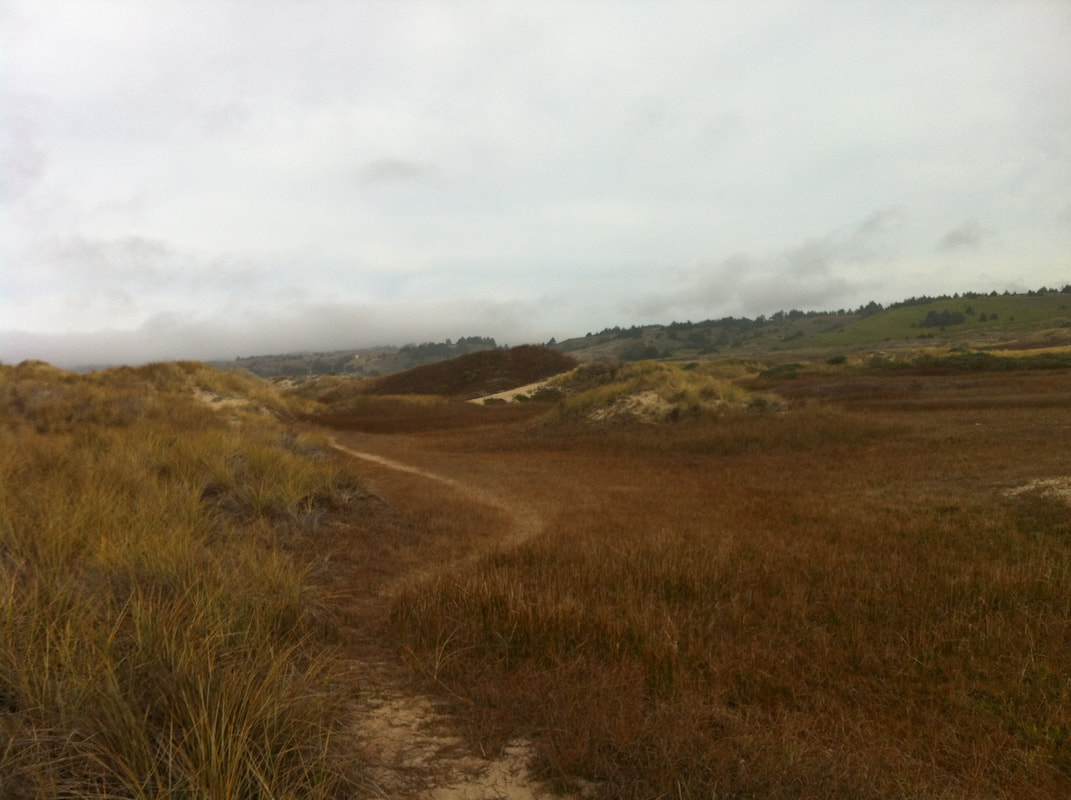ALCHEMY OF WORDSBLOG |
|
You must learn one thing. The world was made to be free in. -poet David Whyte David Whyte is one of my favorite poets. And this is one of my favorite lines written. It feels good to read. And when I read it, or think it, or say it to myself, it helps me to breathe easier. But what does it mean, really? What is it to be free? Harder than you might think to answer. Is it to be physically free to move about the world? Is it to be mentally free to think whatever you want to think? Is it to be free from oppression of some kind? Or is it financial freedom to chase caprice where it leads you. For me, one of the things it means is creative freedom. Meaning, freedom to be a full-time creative. Whether that is freedom because my art is self-sustaining or simply that I have the financial independence to be a full-time creative. Whatever the reason, the result is I am able to wake up and make coffee and create all day. But how do any of us know what we would do with the kind of actual freedom we crave, if it suddenly dropped itself into our life’s lap? What if we accidentally squander it ? Let me give you an example. A few months back I was flying back to Reno from San Francisco, where I was working with a team at Stanford Law School on a U.S. Supreme Court case. (It’s a long story, maybe I’ll write about it later.) I arrived at the airport early. Ludicrously early, to be honest. This happened because I don't like being late to catch a plane. I finished up with the team at Stanford earlier than planned and so I had a few hours to spare. I could have used that time to wander around the campus or any number of things really. But with the unpredictability of Bay Area traffic and the TSA, I thought it was better to just get to the airport. If I'm early, I reasoned, I'll be able to park somewhere and write. Maybe have a glass of wine. Turns out, there was no traffic. And I have TSA Pre clearance. The result was I arrived at the terminal crazy early, with hours to spare. So this is the story of what I did with all the freedom I created by my early arrival: (1) I made sure I knew where my gate was. As in I didn’t just trust the signs, but walked all the way to the terminal offshoot where it was, bypassing more than one perfectly good restaurant along the way, where I could have camped out until time to board my flight; (2) Once I had a visual of my gate, I started looking around for just the perfect place to hang out for a couple of hours. As if that place exists in an airport. Everything is crowded and chaotic and there are typically marginal food and beverage choices. Undaunted by these generally known facts, I still wasted a fair amount of time looking at menus and weighing these imperfect options. Also, I did this even though I ate a late lunch on the Stanford campus and was not remotely hungry. Still, I wanted to have the option of a good snack, you know, just in case one glass turns into two; (3) The wine bar where I want to sit is packed. So I opt for the pub across the corridor. I scan the menu and am pointed to a small two-top table. Which is good, because at a table there is a better chance I’ll actually write than if I’m at the bar. I am approached by a waiter in a short amount of time and order a glass of Syrah. Feeling accomplished for no real reason, I pull out my laptop and open a piece on freedom I’ve been starting and stopping for a few weeks, fully prepared to make the most of my free time. Soon, though, the waiter appears again and tells me they are out of the Syrah. The right thing to do probably would be to get up and politely leave the pub. But instead, I calmly order a white wine instead; (4) And now, of course, I’m distracted. I can't help but look longingly across the corridor and think I really should be sitting in the wine bar, drinking the red wine I really want. (In other words, the wine is always redder in the neighbor's bar.) Not that the wine should have much to do with what I'm doing – or not doing -- with my time. The point was to find a good place to write; (5) Begrudgingly I sit and drink my (white) wine while I get very little actual writing done because I’m not really present at all but imagining some better situation I should be in, and meanwhile my waiter is nowhere to be seen should I actually make the decision to leave; (6) And I sulk; (7) And I try over and over to focus on the page and the words that are there or could be there if I just put forth a little more effort; (8) But really, I can't stop thinking I should be somewhere else. Like maybe that place I passed on the other side of the terminal with calamari on the menu. Yes, calamari and a draft beer would’ve been a better choice; (9) But somehow I don’t just get up and walk down there. I resolve to enjoy my glass, write where I am planted, and then pay the bill and then I’ll figure out where else to sit; (10) Did I mention there's a guy at the next table talking way louder than necessary to the three people sitting right next to him? The one who seems not to understand that he is not in a gymnasium talking to a large crowd without a microphone (I seem to be at a table next to that guy far too often); (11) Sitting next to the human megaphone makes focusing on writing way harder than it already was. Also, it turns out I really want that calamari; (12) The silver lining is that he does provide the catalyst I need to actually relocate so I can finally focus (and have that calamari), and so I quickly finish my wine. And then I have to wait another painfully long time before I can catch my waiter's attention and hand him my credit card, with the universal sign of writing something in midair that means, please bring me my bill; (13) Can we still use the word waiter? ; (14) Once I pay and I am free to move about the airport cabin once more, I do something interesting. I don't go to the calamari place on the other end of the terminal after all. Instead I check out a deli nearby. I order a chocolate croissant and an Americano to chase it (and the wine). And I sit down to make the most of the rest of my airport freedom; (15) And then I make another surprising decision. I don't pull out my laptop and work on the piece that is still open on the screen. Instead, I retrieve The Sun magazine from my backpack and start reading. And for a few moments, while I am intending to savor the chocolate croissant but mostly am just inhaling it in spite of myself, I am content. But of course, that doesn’t last long; (16) I slow down and enjoy my coffee more than I did the croissant. But now bad music is following me all over the airport. Like there’s a channel called Every Song You’re Sure to Hate from the 80's. (No Howard Jones, no early U2 or REM, no iconic Madonna, not even Toto.); (17) Eventually the music drives me out of the deli and into the purgatory of the open airport once more. It is here I realize I need to find a bathroom (I have downed a glass of wine, a cup of coffee, and a liter of water in pretty short order); (18) After I take a nature break and find a station to refill my water bottle, I go read the board to check on my boarding status again (even though I can easily do this on my phone). And I finally resign myself to just sit in the waiting area and return to the piece I was trying to write; (19) A few tortured sentences later it occurs to me that this somewhat absurd series of first-world-problem airport events fits nicely into the piece on freedom I am writing. And also why I ask myself: Is this what I would do with more freedom? Get stuck in these silly eddies of indecision? I hope not. But part of me is afraid of the answer. There's a voice inside that likes to taunt me by implying that if I had the creative freedom I like to talk about, I would squander too much of it in this kind of neurotic paralysis. (The voice likes to bring up these kinds of things that are impossible to counter, because I’m not yet living in this imagined future to know what I would do.) I remind the voice how much I have actually accomplished in my normal adult life with the very real world time constraints I do have, in spite of all of my flaws. And then I order a whiskey and get back to writing. Not really. But that was funny to say.
I guess my point is this: Authentic freedom is a little intoxicating. And a little bewildering if you are not used to having it. It doesn’t really have much to do with what you would do with a couple extra hours in the airport. In fact, eddying out in two airport hours probably means you don’t have enough actual freedom in your life. And that’s why, if you find yourself with a small window of it, the pressure to spend it wisely could easily backfire. But the question still lingers out there: What does freedom actually look and feel like? Here’s at least one good answer: Be who you truly are. (It is insane, after all, to think you could be anything else.) If you have no idea who you truly are (or think you don’t), here’s another way to think about it: There are thoughts I know you think you have no right to think. You could not be more wrong about that. Those are the exact thoughts that will lead you where you want to be. There are desires you have that you think are unreasonable, irresponsible, even impossible. They are not. These desires are the thread that will lead you out of the labyrinth of confusion and despair. And, there are feelings you have that you think are only tiny pieces of life. They are not. With practice you can spend more and more time in the space of those feelings. As far as I can tell, these things are what freedom look and feel like. Not how you spend two extra hours in an airport. Not what you may or may not do with a little more spare time. Because maybe who you truly are actually needs to just fuck off in an airport for two hours in order to recalibrate your creative self and live your truest life. Actually I think that’s more like probably, not maybe. I am going to continue to follow this thread. You are invited to come along with me if you want. Until next time…take care of yourself and your world. * * * * Thomas Lloyd Qualls is a writer, a condition that is apparently incurable. His second novel, Painted Oxen, is available wherever books are sold. You can find it here: https://homeboundpublications.com/product/painted-oxen-by-thomas-lloyd-qualls/ https://www.amazon.com/Painted-Oxen-Thomas-Lloyd-Qualls/dp/1947003364
0 Comments
Some Thoughts on The New Year The New Year is an imaginary line in the sand. Of course, all lines are imaginary lines in the sand. From national borders to your property boundaries, we made them all up. And yet, countless wars and endless litigation have been waged over those imaginary lines. My point being, when thinking about the new year, why not go ahead and consider it a real line, but instead of cause for war or legal action, use that line for something good. And by good, I mean real change. And by change, I mean the way we think about life and our place in it. Let me explain a little. Lately I’ve been reading little fragments of The Untethered Soul again. And that’s got me considering the idea of unconditional happiness once more. The question the author poses is essentially, Are you willing to be happy no matter what happens? It is a harder question to answer than you might think at first glance. I mean, pretty much everyone wants to be happy, right? The crux is, most of us don’t really know what that means. What most people mean when they say they want to be happy is that they want everything in their lives to go the way they want. Pretty much everything. Pretty much all the time. The problem with that is I don’t know a single person whose life is like that. Now I think it is a fair observation to note that life is objectively easier for some people than it is for others. I’m thinking along the lines of Maslow’s hierarchy of needs here. If you have no food and no place to get out of the weather, self-actualization is not your primary concern. But before we let the mind take us on that tangent, let’s stick to the central tenet at issue. We have equated getting what we want with happiness. But happiness and how the events of our lives play out are not at all the same thing. There are two problems with this definition of happiness: (1) people who get everything they want are often the most miserable (think spoiled children or trust funders); and (2) there is generally no end to the things we want, and so the invisible line we must cross always stays several yards in front of us (think billionaires who continue chasing more and more money). Nevertheless, under the common definition, people are willing to be happy so long as life meets their expectations for what they want. In other words, they want to be happy so long as everyone else in their lives acts exactly as they want them to at all times. Traffic is free-flowing, co-workers are congenial, boss is accommodating, paycheck is the right size, children are well-behaved, romantic partner is loving, kind, and supportive, their house, car and all electronic devices function properly, and everyone is healthy. All the time. Does this sound reasonable? Of course not. And yet these are the conditions almost all of us have placed upon happiness. When we say we want to be happy, what we really mean is that we want everything in our lives to be easy. But that is not the same thing as happiness. And it is virtually impossible to attain. Happiness then must be something different from what we have imagined it to be.
And coming to terms with that is the place where we must begin if we really want to be happy. We must break a lifetime of conditioning and begin to separate our life events from our quest for happiness. Otherwise, happiness is likely not possible. It is like having a wrapped present that you refuse to unwrap because it is so pretty. Our idea of happiness is so pretty, we refuse to take off the wrapping of our expectations, and so we will never to get to what is on the other side. One of the most interesting things I noticed about myself when I was reading about unconditional happiness was the amount of resistance I immediately had to it. I can’t possibly be happy no mater what! That’s too much to ask. But I couldn’t figure out what I was afraid of. Did I think agreeing to unconditional happiness somehow meant bad things would happen to me? Or maybe I thought it would invite bad things just to test me. Or maybe my left-brain just couldn’t find a box for this concept, because it goes against a lifetime of coding. These thoughts are either the mind short-circuiting because it is not wired for this kind of thinking or the ego raging against its diminishment in your life. Either way, committing to unconditional happiness feels way scarier than it should. If one day you wake up and just decide to be happy, in spite of what your day has in store, how could there be a downside to that? You are going to experience bumps, obstacles, and roadblocks on your life path, no matter what. The only difference your decision to be happy makes is that these life experiences need not be frustrating, anger-inducing, or devastating. Your decision means only that you get to have peace of mind along the way. And yet, most of us will still resist the decision to be happy. Doesn’t that seem crazy? Yes, it seems crazy. But that doesn’t change the reality of it, does it? So how do we mere mortals overcome our resistance to this idea? Here’s where I get back to the beginning of this thread and the concept of imaginary lines. When I read The Untethered Soul -- or Eckhart Tolle or one of any number of such purveyors of this kind of life wisdom -- I feel like I am looking at a picture of a beautiful mountain that I’ll never be able to climb. Why is that? Why does my mind tell me that this may work for other people, but I will never be able to choose to be happy? I think it is because unhappiness is like an addiction. And we are really reluctant to give up that next hit. (Likely only seconds away.) And maybe that is at least partly because we are also addicted to our ideas of ourselves, our identities. And our ideas about ourselves are tied up in the story we tell ourselves daily, virtually nonstop. That story involves unhappiness. And without unhappiness, who are we? Here’s how choosing happiness and starting a new year are the same. They are both imaginary lines in the sand. And they are both opportunities to experience life in a new way. But we have to be willing to hang up our old coats, so to speak, and to put on something new. Or as Joseph Campbell taught us: We must be willing to let go of the life we planned so as to have the life that is waiting for us. Now, maybe that new way of life looks like jumping with both feet into a commitment to unconditional happiness. Or maybe it isn’t that drastic. Maybe you give yourself some room to grow into that kind of thing. But the point is you treat whatever decision you make as an invisible line in the sand. And you move forward. You buy yourself a fresh journal and begin to write a new story for yourself. Is it an imaginary line? Sure. But only in the beginning. Once you begin to live this new story, something magic happens. It becomes real. And that feels like something even mere mortals like you and me can manage to do. |
Archives
June 2023
Categories |






 RSS Feed
RSS Feed